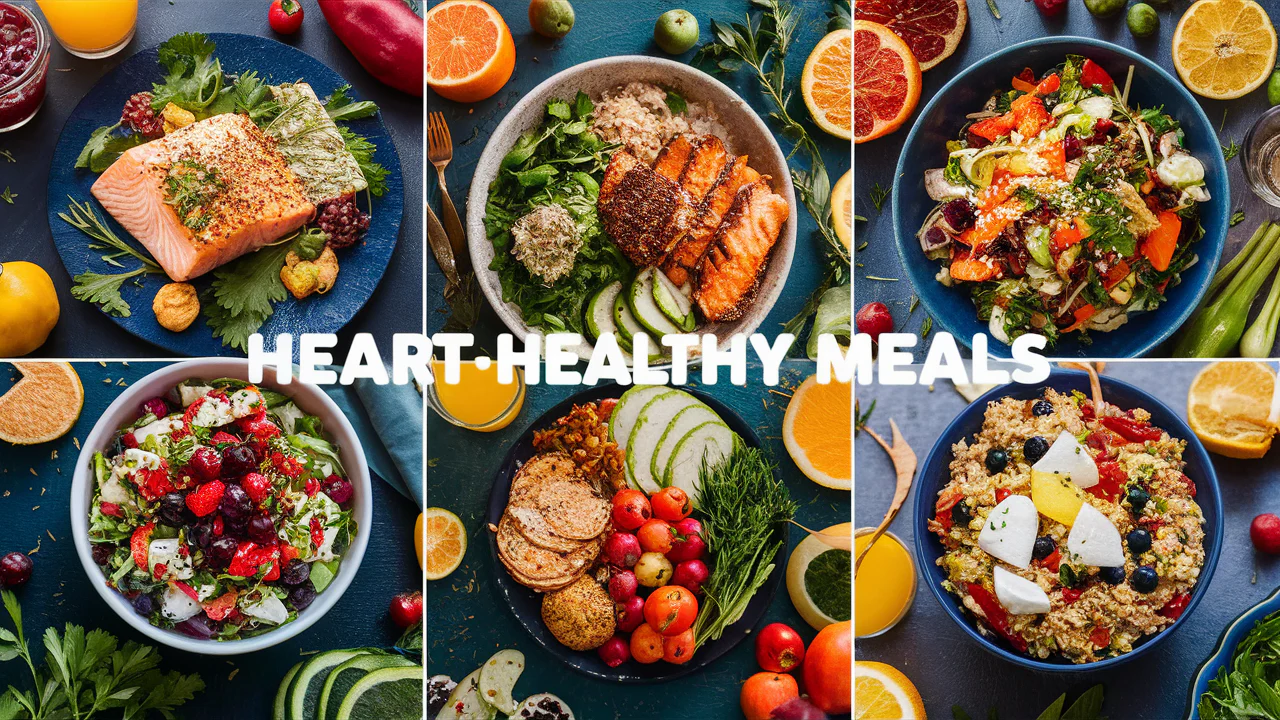
Healthy Post-Workout Meal Ideas
I. Introduction Healthy Post-Workout Meal Ideas After an intense workout, your body craves nutrients to recover and refuel. Post-workout nutrition is crucial for muscle repair, replenishing glycogen stores, and reducing fatigue. Understanding what to eat after exercising can significantly enhance your recovery and overall fitness goals. This article will explore key nutrients needed for recovery…








